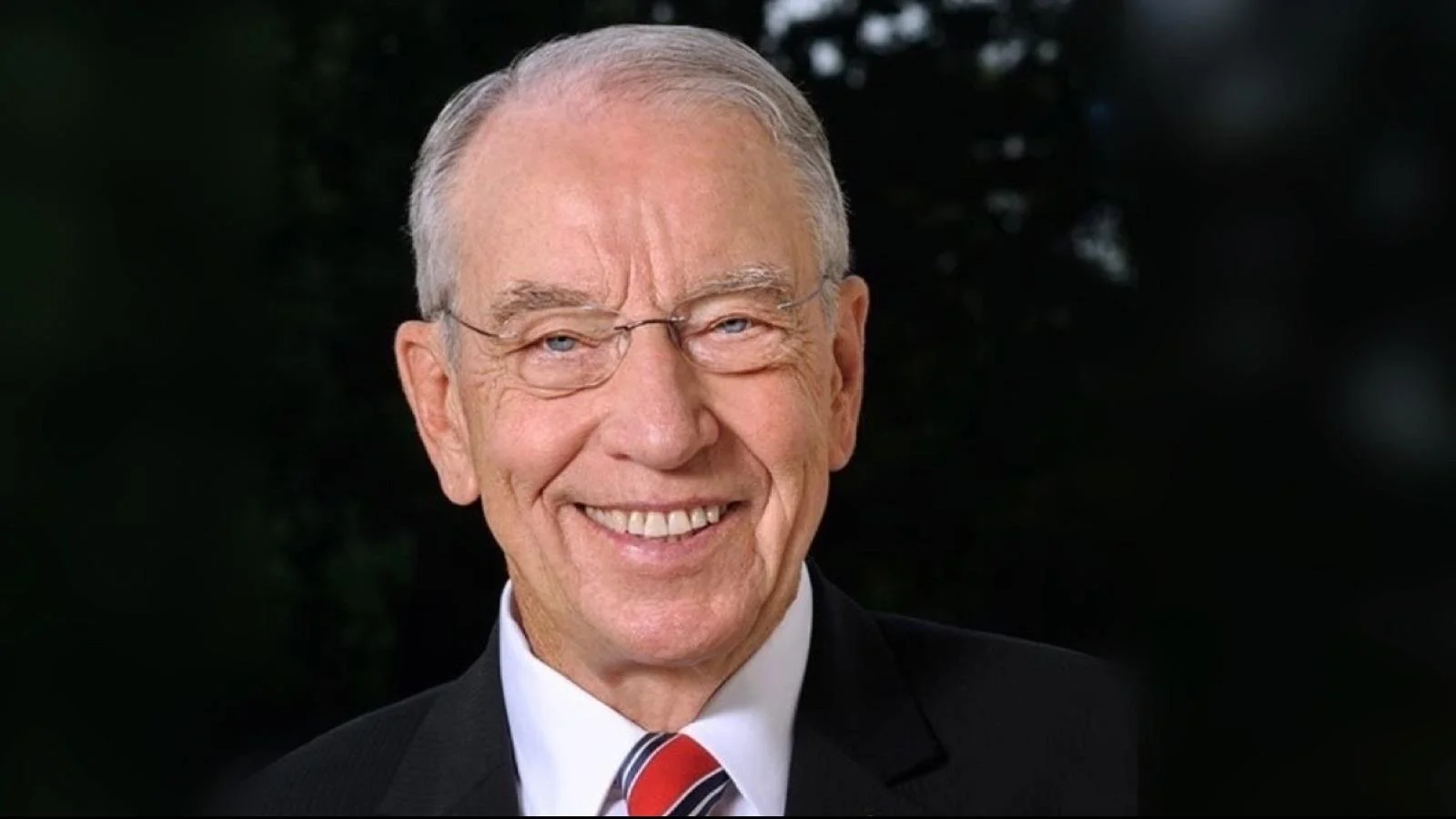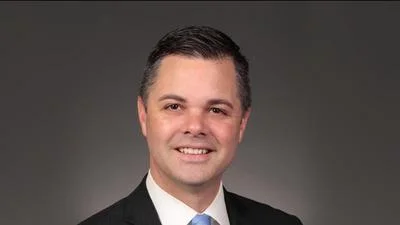Senator Chuck Grassley | Official U.S. Senate headshot
Senator Chuck Grassley | Official U.S. Senate headshot
Senators Chuck Grassley and James Lankford have reintroduced the Prevent Government Shutdowns Act, aiming to avoid future government shutdowns and hold Congress accountable for completing its budgetary responsibilities.
“It costs money to shut the government down and costs money to open it back up. Government is a service to the people, and harmful shutdowns deprive taxpayers of the services they rely on and pay for. Our legislation prevents these unnecessary shutdowns from taking place, and it forces lawmakers to act responsibly and find reasonable government funding solutions,” Grassley said.
“We have to change the way Washington spends money. Our debt is now more than $37 trillion. Congress cannot keep avoiding the hard choices to fix it,” Lankford said. “Shutting down the government does not fix the debt problem, it just makes it worse. The best way to finish negotiating the hard issue is to keep Congress in Washington until the budget is finished. That puts the pressure on lawmakers, not on families and important services.”
The bill has garnered support from several Republican senators, including John Barrasso, Steve Daines, John Cornyn, Ted Budd, Bill Cassidy, Marsha Blackburn, Tommy Tuberville, Katie Britt, and Joni Ernst. In addition, companion legislation has been introduced in the House by Budget Chairman Jodey Arrington.
The Prevent Government Shutdowns Act would require members of Congress to remain in Washington if appropriations are not completed by the end of a fiscal year. This measure seeks to ensure continued operation of federal services and protect federal workers during funding lapses.
If a lapse occurs without new appropriations passed, an automatic continuing resolution would be triggered in 14-day increments at prior-year spending levels. Restrictions during this period include suspension of taxpayer-funded travel allowances for White House Office of Management and Budget staff as well as congressional members and their staff (except one return flight), bans on official funds or campaign funds for additional travel or duties related expenses, and limits on motions for recess or adjournment longer than 23 hours.
No votes unrelated to appropriations bills or Senate quorum calls would be allowed during this time frame. After 30 days under an automatic continuing resolution, some expiring authorization bills or executive nominations could be considered with certain restrictions that may only be waived temporarily by a two-thirds vote in either chamber.






 Alerts Sign-up
Alerts Sign-up